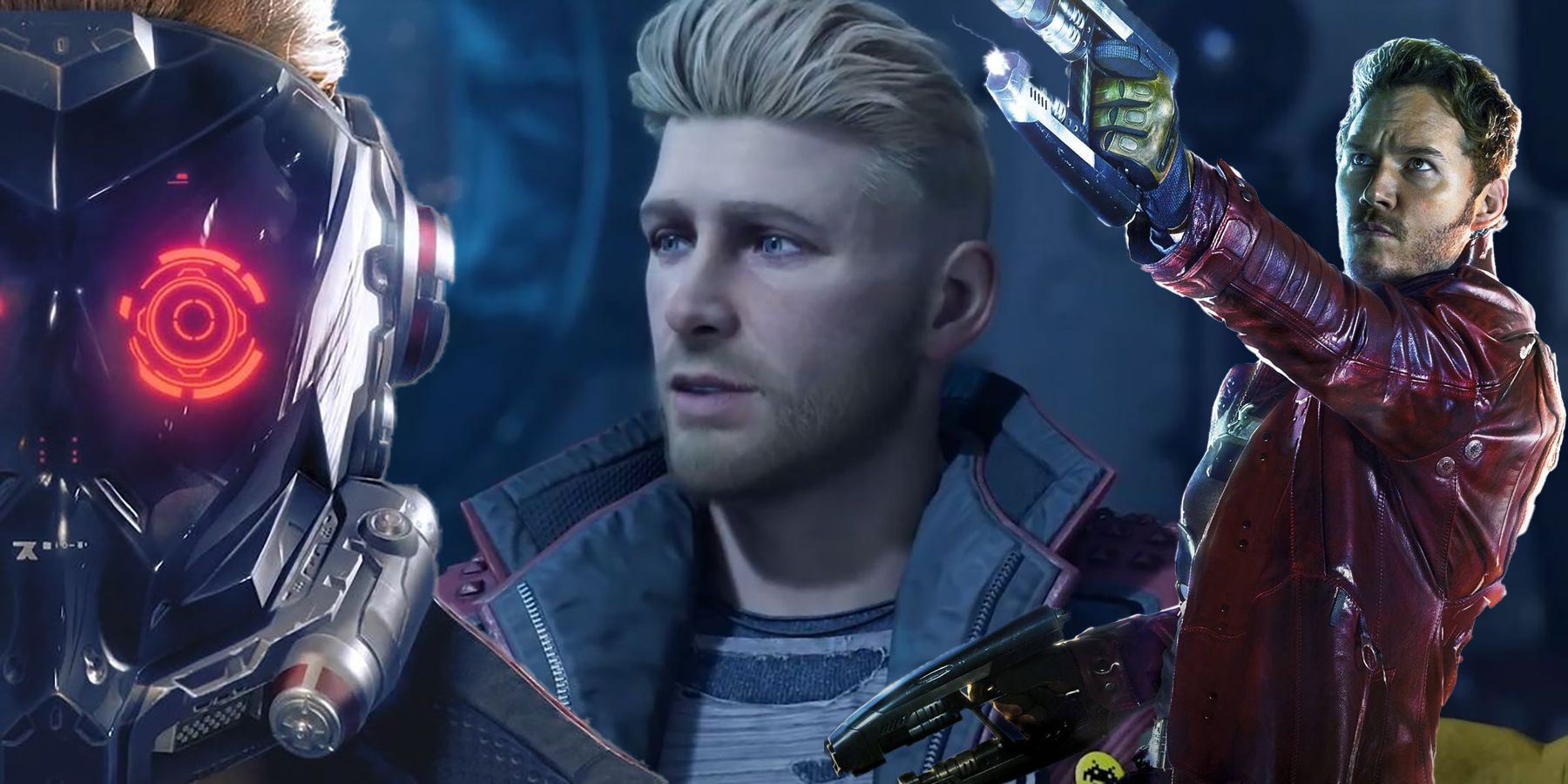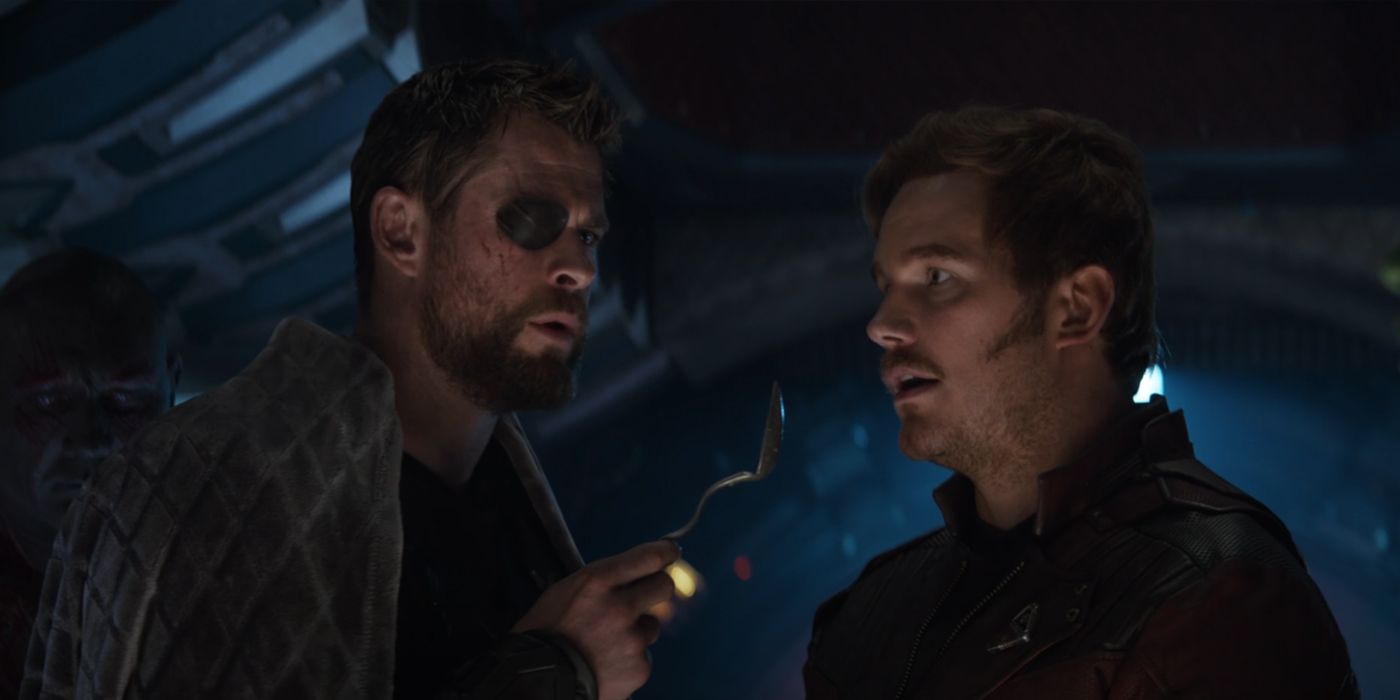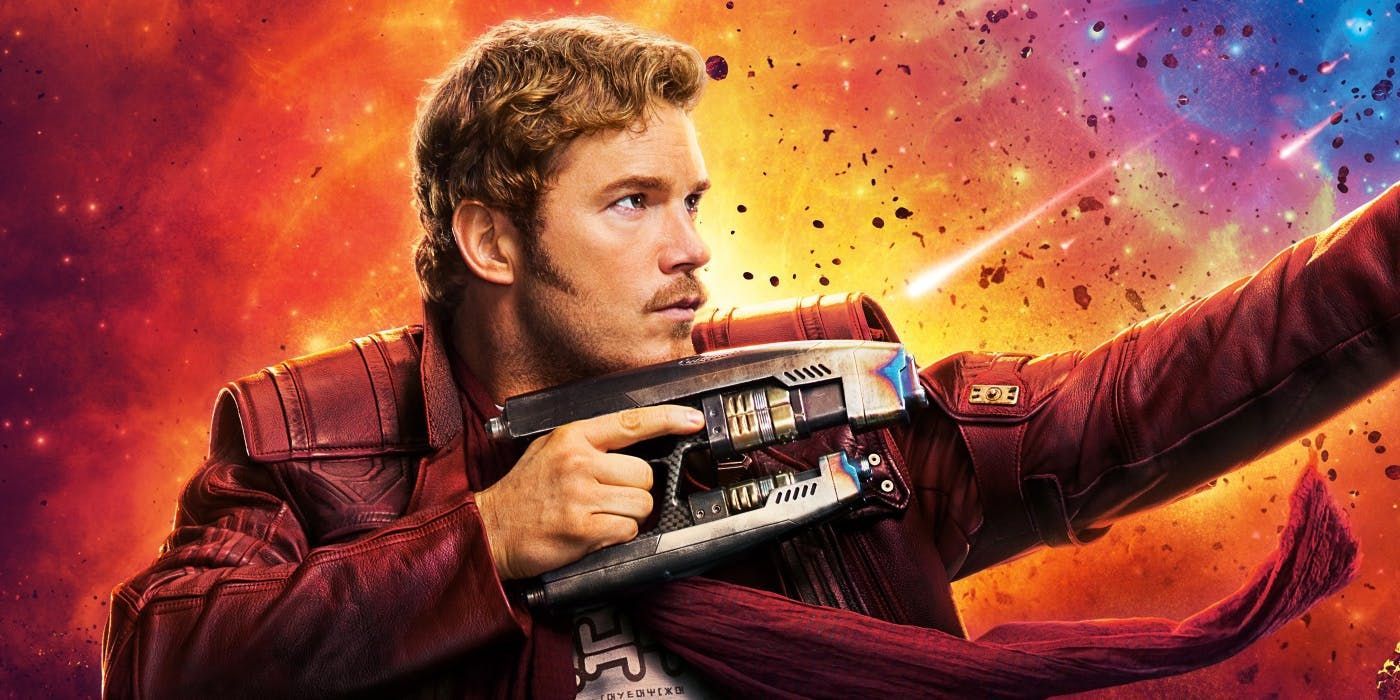Today, the Guardians of the Galaxy are a well-known name among Marvel fans, but that wasn’t always the case. James Gunn’s 2014 movie of the titular band of heroes brought them into the fold by severely changing many of the characters. Indeed, it is Gunn’s visions for the characters that set the tone for their rebirth, both in comics and in the upcoming Marvel’s Guardians of the Galaxy game from Square Enix.
It's not the comics fans are comparing the characters to, but the MCU. Indeed, this may be the case for many Marvel games, as sometimes adaptations don’t land quite the same way, and the MCU set the gold standard for any adaptation of Marvel comics. For comparison, while some compared Square Enix’s Marvel’s Avengers characters to their MCU counterparts, many accepted them for what they were: new adaptations with their own deviations.
Because Guardians of the Galaxy was never that popular, though, it’s harder to accept these characters differently from their MCU counterparts. In the comics, the team has fully embraced the MCU vision of the characters, and for good reason. Star-Lord, for example, was a dark, rogue-like character who murdered millions, was loyal to the Kree, and had deep psychological problems. This change was no doubt good for Star-Lord’s legacy, but it makes his adaptation in Square Enix’s Guardians of the Galaxy worrying.
How Chris Pratt Set the Tone for Star-Lord
During the Time Heist of Avengers: Endgame, Nebula and War Machine travel to when Star-Lord first grabbed the Power Stone. They watch from the outside as he awkwardly dances down a line, hearing no music themselves, and he’s utilizing a Walkman of all things. That alone stands out in a Sci-Fi world, but Chris Pratt’s performance highlights Star-Lord for what he is now: an intergalactic traveler and a man out of time. The Walkman and his little knowledge of Earth make sense in only ways that Chris Pratt’s performance can.
In Guardians of the Galaxy, the same scene comes from Chris Pratt’s perspective which is funny, ends on the hilarious note of no one recognizing him (despite the already-established self-importance), and sets the tone for the movie/team as its leader. Nebula and War Machine’s witnessing of these events come Avengers: Endgame proves that they are true to character and that perhaps they are awkward—but they are never forced.
Square Enix’s Star-Lord and The Forced Comedy
Yet, it seems that Square Enix is trying to break from this particular tone, all while still clinging to it. It’s contradictory and easily visible in Guardians of the Galaxy’s latest PlayStation Showcase trailer. The entire video is set up as an action game/flick, with quick action cinematics, intense scenes, and rather serious events.
Opening with scenes of Star-Lord with his mother and Drax with his daughter, it’s clear the overall scenario seems serious if, at times, absurd like with Cosmo the Space Dog. It’s a specific tone of Sci-Fi, but it works in contrast to the action-packed end of the trailer where space combat, gameplay, conflict, and a charge led by Star-Lord take place. Yet, two scenes, in particular, stand out awkwardly.
When the Worldmind tells the Guardians that the likelihood of beating the Universal Church of Truth is 0.3%, Star-Lord asks if that’s bad. On the one hand, that sounds exactly like something Chris Pratt’s Star-Lord would say, but on the other hand, this adaptation is far less charismatic. It results in Star-Lord sounding far dumber than usual because it comes across as so forced.
The first moment of this forced interaction in the trailer comes early on, right after the serious and emotional scenes. Star-Lord pretends to have a heart attack, seemingly distracting his opponent while Rocket does something behind him. He drops the false pretense with a disappointed “fine,” and without that same delivery of charm, it comes across as something that’s supposed to be funny even if due to the secondhand embarrassment of Gamora. It’s not.
In fact, the closing of the trailer where Rocket claims to have done something intentionally when he didn’t, coupled with Groot putting out his flaming whisker and a “thanks buddy” from Rocket, is the definition of a scene with forced humor. But it’s still funnier than anything showcased for Star-Lord thus far.
This Star-Lord Can’t Compete with Chris Pratt’s, and It Shouldn’t Try
At the end of the day, perhaps there is some context to these scenes missing that impact their delivery. It could be that these scenes take on new meaning in the full release and showcase a charismatic, funny, and dense version of Star-Lord that can match Chris Pratt’s performance. On the other hand, if it doesn’t, it could make the character feel second-rate to its main and only real point of comparison: the MCU’s Star-Lord. In that comparison, the new Star-Lord will always fall flat.
The more action-y hero vibe that dominates the rest of this trailer, as well as many other Guardians of the Galaxy trailers, seems to be what Square Enix should focus on. If it nails that, then many fans will be able to accept him as a more action-oriented adaptation of the comic hero, without the dark background of his origins or the dense charisma of the MCU. It would work and that seems to be the best direction. But, if the game leans into this forced humor and it may very well do so, it seems likely it’ll only cheapen the character in the game.
Marvel’s Guardians of the Galaxy launches October 26 for PC, PS4, PS5, Switch, Xbox One, and Xbox Series X/S.



